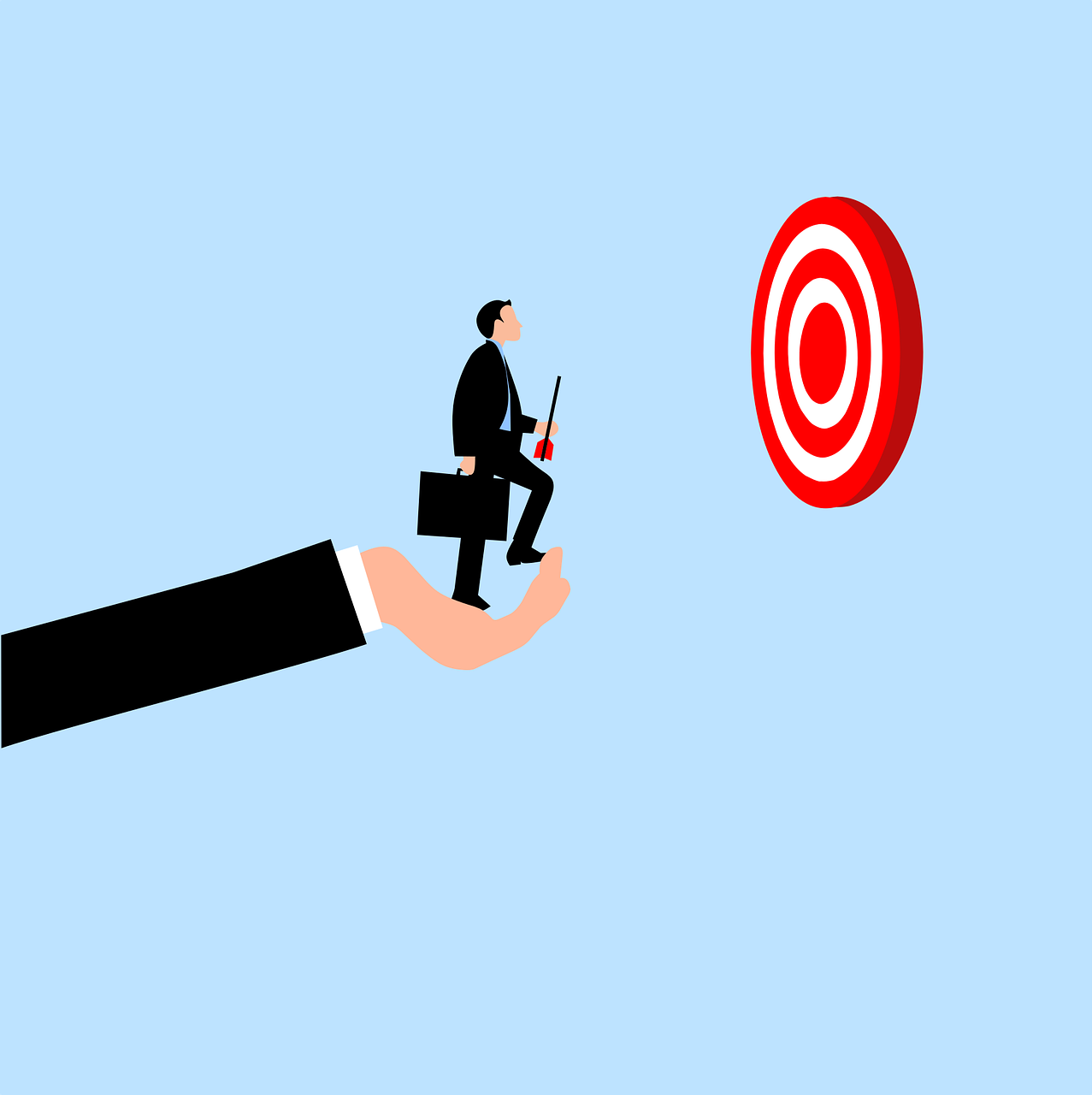The Dynamic Business Environment of Modern Business: Opportunities and Threats
Business is changing at a breathless pace in today’s business age. With technology upgrades, evolving consumer culture, and economic rebooms across the world, business firms need to catch up or fall behind. You can either be a blue-chip multination or a newly baked start-up; big or small, you need to be in sync with the most prevalent trends remaking new business in order to thrive in business.
- Digital Transformation
One of the most powerful forces driving business change is digital change. Whether it is artificial intelligence and cloud computing, e-commerce, or analytics, technology is at the heart of nearly every business process today. Businesses are leveraging digital technologies to automate, enhance customer experience, and make data-driven decisions. Businesses that are doing this are leading, and businesses not doing this at their own peril. - Flexible and Remote Structures
The COVID-19 pandemic accelerated the embrace of hybrid and remote work arrangements. Companies discovered that productivity was not lost beyond traditional office environments. Organisations thus reimagine the workplace, invest in remote digital collaboration tools, and focus on employee wellbeing. Flexibility is no longer an afterthought — it is the new normal. - Customer-Centric Practices
Customers are more informed and more connected. They expect social responsibility, transparency, and personalization from the businesses they interact with. Organizations are getting customer-centric, using feedback, behavioral analysis, and engagement solutions to respond to increased expectations and build long-term relationships. - Sustainability and Corporate Responsibility
Social and environmental concerns are placing increased burdens on business agendas. Policymakers, consumers, and investors are demanding more accountability for ethics and sustainability. Businesses can build stronger sustainable brands, reduce costs, and create new markets for ethical and green products by taking leadership on these matters. - Entrepreneurship and Innovation
Startups and small businesses are still incubators for innovation. With decreased entry costs in most economies, new concepts can be brought to market earlier by entrepreneurs. Early-stage businesses are not the only source of innovation, though—there are large companies like Autodesk who are shifting towards intrapreneurship programs.
Conclusion
The future of business is purpose, responsiveness, and innovation. To be responsive to trends, technology, and customerism will enable corporations to thrive in an unpredictable world. Profit is not the sole measurement of success any longer in the new economy—rather, it is creating value, building trust, and sharing with society.




